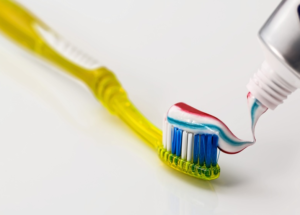The ADA recently emphasized the importance of flossing and using other interdental cleaners in
a news report question on whether existing scientific research support oral health benefits
associated with flossing. The report stated that the bottom line for dentists and patients is that a
lack of strong evidence doesn’t equate to a lack of effectiveness. As doctors of oral health,
dentists are in the best position to advise their patients on oral hygiene practices because they
know their patient’s oral health status and health history.
 The news story also implies that by not including flossing in the 2015 U.S. Dietary Guidelines,
The news story also implies that by not including flossing in the 2015 U.S. Dietary Guidelines,
the government has changed its stance on flossing, however, this is simply not the case. The
Dietary Guidelines Advisory Committee (DGAC) made a deliberate decision to focus on food
and nutrient intake (i.e., added sugar).
“Flossing is an important oral hygiene practice. Tooth decay and gum disease can develop when
plaque is allowed to build up on teeth and along the gum line. Professional cleaning, tooth
brushing, and cleaning between teeth (flossing and the use of other tools such as interdental
brushes) have been shown to disrupt and remove plaque. At HHS, NIH’s National Institute of
Dental and Craniofacial Research (NIDCR), CDC’s Division of Oral Health and Healthy People
2020 have additional information and resources about efforts to address and improve oral
health.”
To learn more about flossing and other interdental cleaners, visit MouthHealthy.org.
Need to schedule your check-up? Call us today at (702) 454-7695 to set up your appointment!